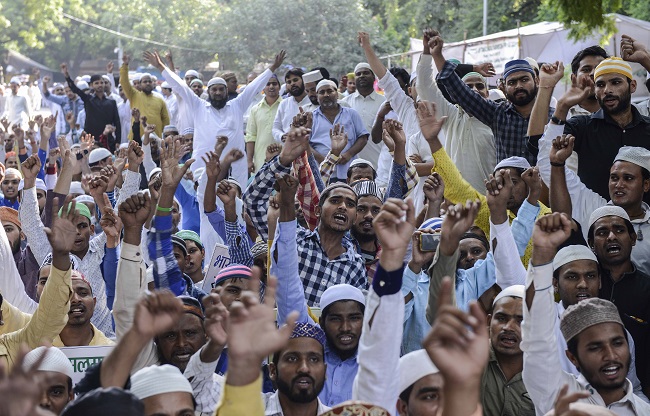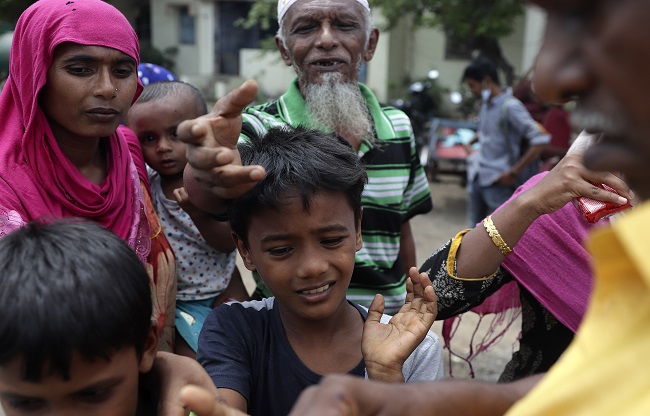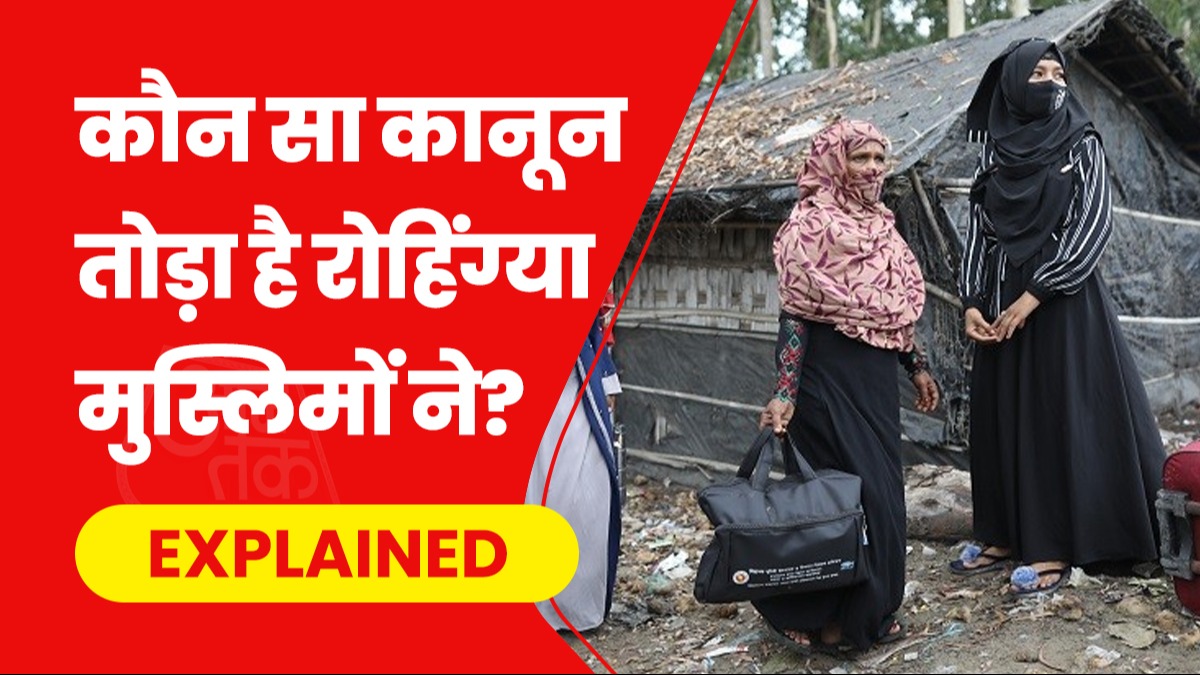The process of deporting illegal Rohingya back to Myanmar has started in Manipur. These individuals are also being identified to ensure their return via detention centers. This is unfolding as we prepare to grant citizenship to six minorities from three neighboring countries under CAA, excluding Muslims. Amidst this, the debate intensifies between the Supreme Court and the Center on granting refugee status to the Rohingyas.
Why did the Center respond to the Court?
In fact, a petition was filed in the Court arguing for the release of Rohingyas from detention centers. It should be noted that they’ve been kept there under the accusation of violating the Foreigners Act. Responding to this petition, the Center made it clear that those who have entered the country illegally are intruders, not refugees.
The Center had other arguments as well. Not only have Rohingya Muslims broken the act, but their undocumented stay poses a danger. They could potentially enter via various routes, compromising national security.
Another argument is the sheer size of our own population and limited resources. Prioritizing the welfare of our citizens is crucial before we consider granting citizenship or asylum to more people, as it could affect the actual citizens.

Source: aajtak
Key Reasons Behind the Center's Affidavits on Wednesday
One- Violation of the Foreigners Act by Rohingya Muslims.
Two- Absence of a separate refugee policy in India.
Does India truly lack a refugee policy?
India has always been generous to those seeking refuge within its borders, including Rohingyas among others. Yet, it's true that despite this generosity, we have not adopted a formal refugee policy. In fact, we are not party to the Refugee Convention and the 1967 Protocol. We have not consented to these United Nations High Commissioner for Refugees (UNHCR) documents which assume that a person, once given refuge in a country, cannot be sent back to a place where they feel threatened.
Former Prime Minister Jawaharlal Nehru chose not to sign the 1951 Convention considering the instability of South Asian borders, not wanting India's security to be compromised. By not signing, the Indian government retains the right to decide whom to allow to stay or not.

Source: aajtak
The Foreigners Act Explained: How it Grips Those Without Credentials
The government can arrest an individual identified as having infiltrated the country without documentation or permission under the Foreigners Act. Penalties upon conviction can range from three months to eight years of imprisonment, alongside deportation proceedings. This act could apply to refugees from any country, yet the government refrains from action unless an individual poses a discernible threat.
Foreigners Continue to Seek Asylum in India
Even without agreeing to the Refugee Convention, India continues to offer sanctuary. In 2020, the World Health Organization cited India as a top choice for refugees in a global report. India stands at the forefront among the three South-East Asian countries that have provided asylum to the most refugees within that year. Migrants too are plentiful; the WHO states that one in eight people globally are migrants.
India hosts around 4,878,704 migrants, including 207,334 refugees, although these numbers might be higher due to undocumented individuals.




